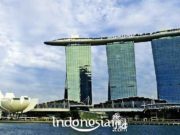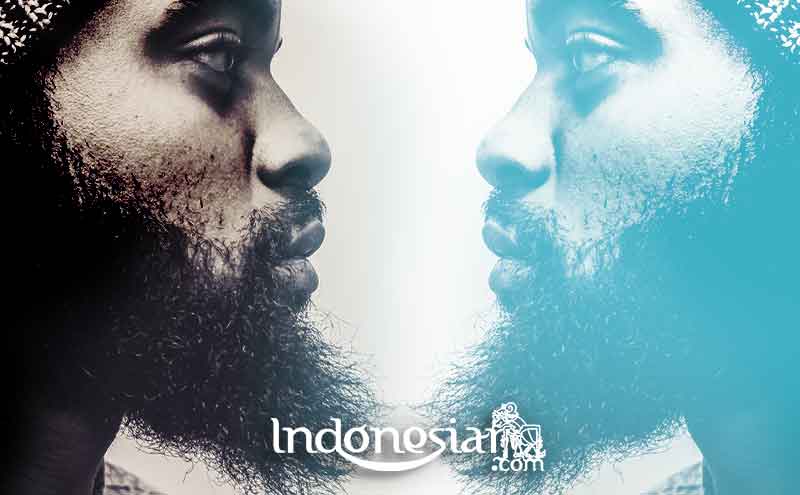Prior to the establishment of the Indonesian state, Islam existed in the 7th century AD. At that time, there was already a busy and international shipping route through the Strait of Malacca that connected the Tang Dynasty in China, Srivijaya in Southeast Asia, and the Umayyads in West Asia since the 7th century. According to Chinese sources during the Tang Dynasty, towards the end of the third quarter of the 7th century, an Arab trader became the leader of the Arab Muslim settlement on the coast of Sumatra. Islam also exerts influence on existing political institutions.
This can be seen in the year 100 H (718 AD) the King of Srivijaya Jambi named Srindravarman sent a letter to the Caliph Umar bin Abdul Aziz of the Umayyad Caliphate asking for a man who could explain Islam to him. The letter reads: “From the king of kings who is the descendant of a thousand kings, whose wife is also the grandson of a thousand kings, whose animal stables are a thousand elephants, and in whose territory there are two rivers that water aloes, spices, nutmeg and lime.
a new fragrance reaching a distance of 12 miles, to the King of Arabia who did not associate other gods with Allah. I have sent you a gift, which is not very much a gift, but a sign of friendship. I want you to send me someone who can teach me Islam and explain to me the laws. ” Two years later, namely in 720 AD, King Srindravarman, who was originally Hindu, converted to Islam. Sriwijaya Jambi is also known as ‘Sribuza Islam’.
Unfortunately, in 730 AD Srivijaya Jambi was taken prisoner by Srivijaya Palembang who still adhered to Buddhism. Islam continues to establish itself as a political institution that carries Islam. For example, an Islamic sultanate called the Peureulak Sultanate was established on 1 Muharram 225 H or 12 November 839 AD Another example is the Sultanate of Ternate. Islam entered the kingdom in the Maluku Islands in 1440.
Its king was a Muslim named Bayanullah. The Islamic Sultanate then spread various teachings to the population and through assimilation, replaced Hinduism and Buddhism as the main beliefs in the late 16th century in Java and Sumatra. Only Bali has retained a Hindu majority. In the islands of the East, Christian and Muslim clergy are known to have been active in the 16th and 17th centuries, and today there is a large majority of both religions in the islands.
The spread of Islam was carried out through trade relations outside the archipelago; This is because the preachers or preachers are representatives from Muslim countries who come from outside Indonesia, so to support themselves and their families, these preachers work through trading, these preachers also spread Islam to traders from indigenous people, until these traders embraced Islam and spread it to other residents, because generally traders and royal experts were the first to adopt the new religion.
Important Islamic kingdoms include: the Demak Sultanate, the Kingdom of Djipang, the Samudera Pasai Kingdom, the Banten Sultanate which maintains diplomatic relations with European countries, the Mataram Sultanate, the Iha Sultanate, the Gowa Sultanate, the Gorontalo Sultanate, the Ternate Sultanate, and the Tidore Sultanate in Maluku. Hopefully this article can add to your insight. Come on, get other interesting information from Indonesiar.com.
Source : wikipedia
































